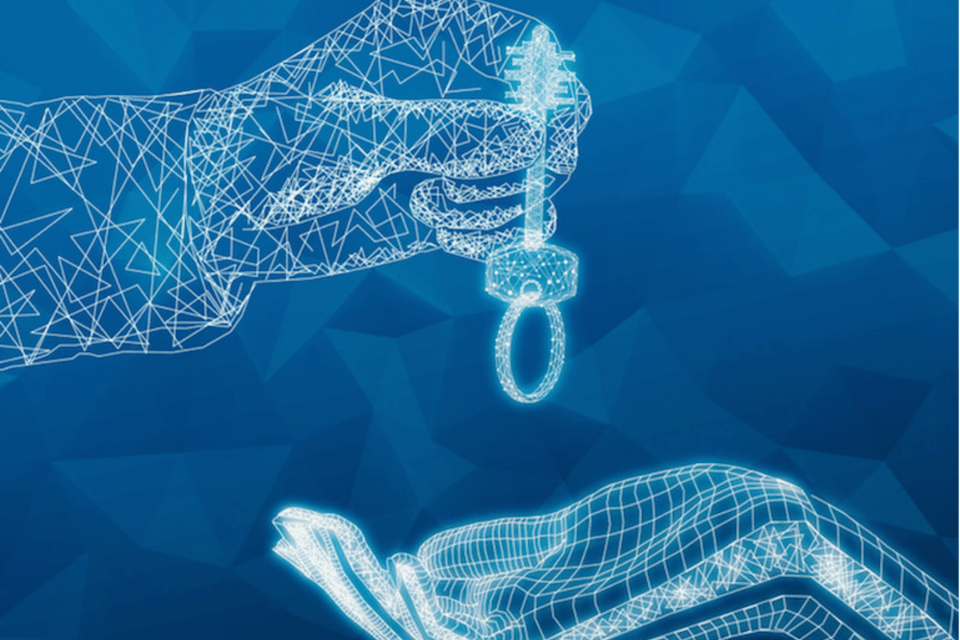Now in 2021, we are gradually transitioning to the Web 3.0 version of the internet. Greater online privacy and security than Web 2.0, Web 3.0 promises to deliver a decentralised way of securing internet data. This is happening through blockchain technology.
A blockchain is traditionally a public, decentralised, distributed digital ledger that is used to record transactions across many computers. This occurs so that any involved record cannot be altered retroactively, without changing all subsequent “blocks”. This immutable recording behaviour of the technology keeps thousands of strangers across the global economy honest and consistent. It builds trust (or eliminates the need for it), and security; which are the basic requirements in all transactions.
Blockchain has given rise to a new platform for business relationships that combine ease of use, low cost and high security. It creates a new basis of trust for business transactions that contributes to a considerable simplification and acceleration of the economy.
In the face of covid-19, blockchain’s decentralised public ledger system could allow for multiple verifications of the authenticity of vaccine certificates. Tracking systems built on blockchain technology could ensure data integrity among stakeholders, achieving greater transparency in healthcare while making data retrieval accurate and instantaneous.
